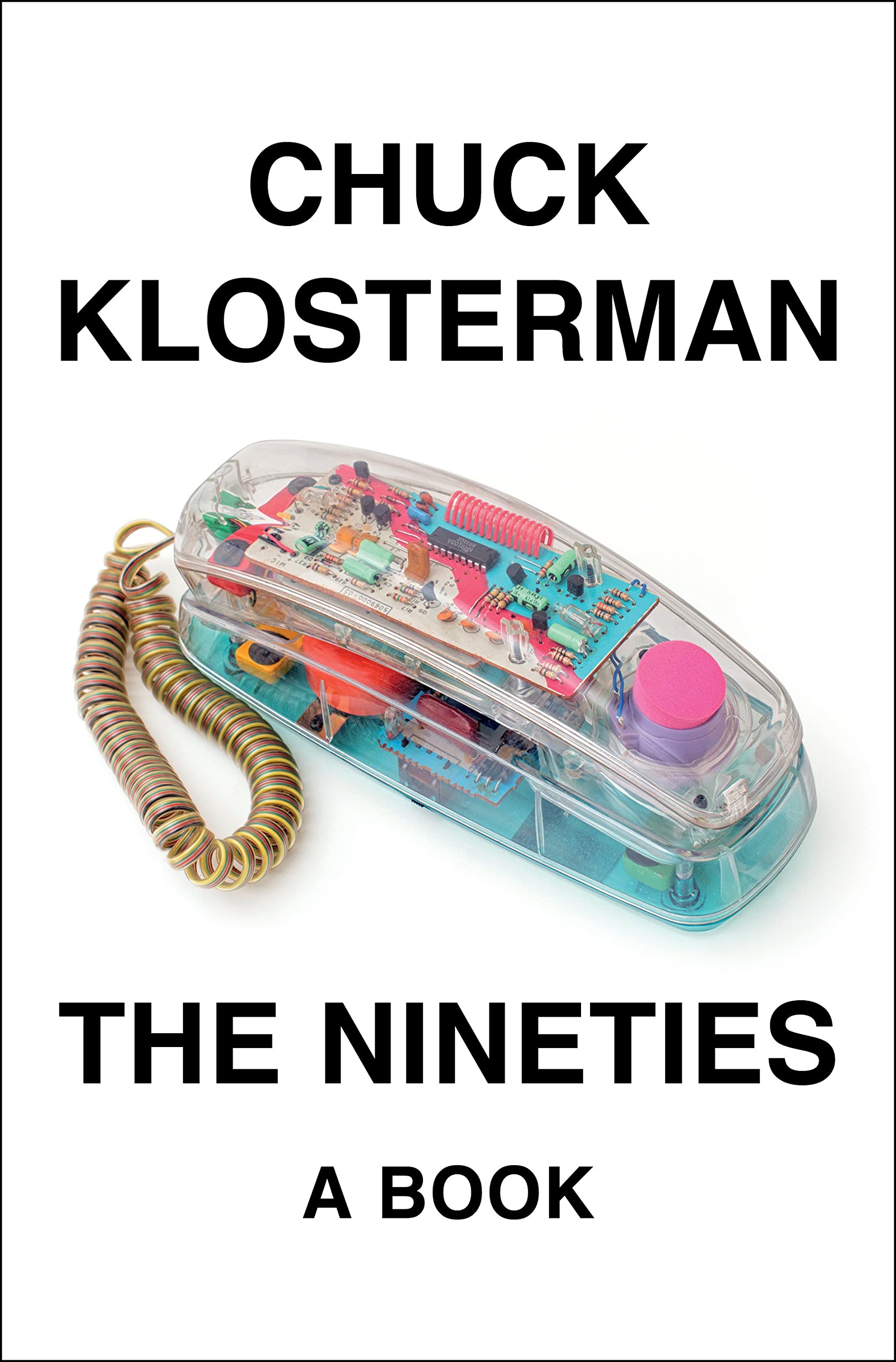
The 90s brought about a revolution in the human condition we're still groping to understand. By the end, exposing someone's address was an act of emotional violence, and nobody picked up their new cell phone if they didn't know who it was. In the beginning, almost every name and address was listed in a phone book, and everyone answered their landlines because you didn't know who it was. In between, one presidential election was allegedly decided by Ross Perot while another was plausibly decided by Ralph Nader. It was long ago, but not as long as it seems: The Berlin Wall fell and the Twin Towers collapsed.

He shows how the period between the fall of the Berlin Wall and the collapse of the Twin Towers brought about a revolution in the human condition that we are still groping to understand.From the bestselling author of But What if We're Wrong, a wise and funny reckoning with the decade that gave us slacker/grunge irony about the sin of trying too hard, during the greatest shift in human consciousness of any decade in American history. Klosterman shows that in the 1990s there was a wholesale shift in how society was perceived. By the end, exposing someone's address was an act of emotional violence, and nobody picked up their cell phone if they didn't know who was calling.

United States - Social life and customs - 1971.United States - Intellectual life - 20th century.Popular culture - United States - History - 20th century.Label The nineties : a book Title The nineties Title remainder a book Statement of responsibility Chuck Klosterman Title variation 90s Creator


 0 kommentar(er)
0 kommentar(er)
